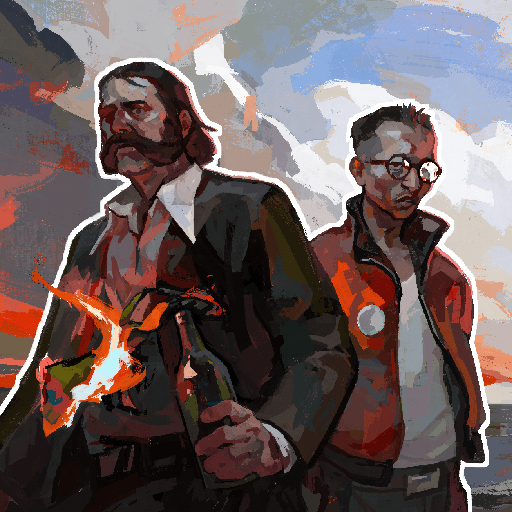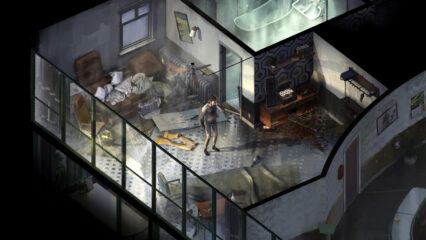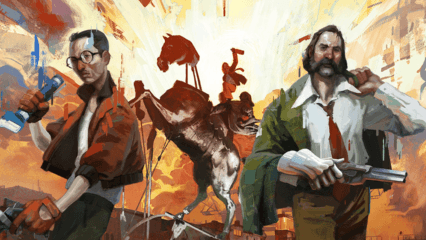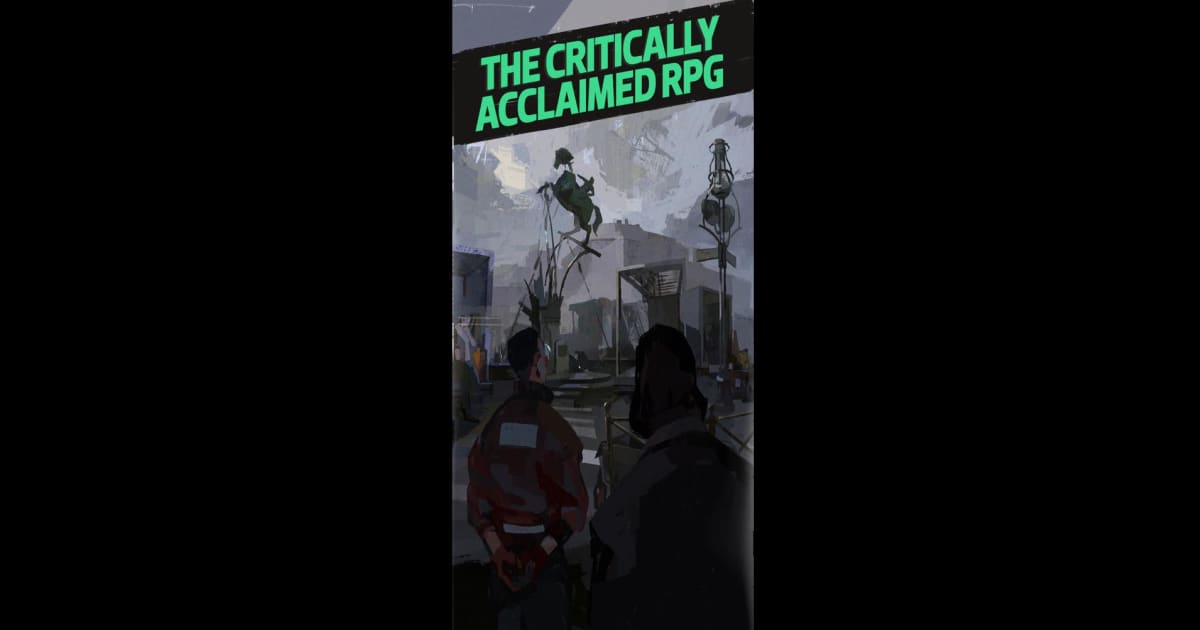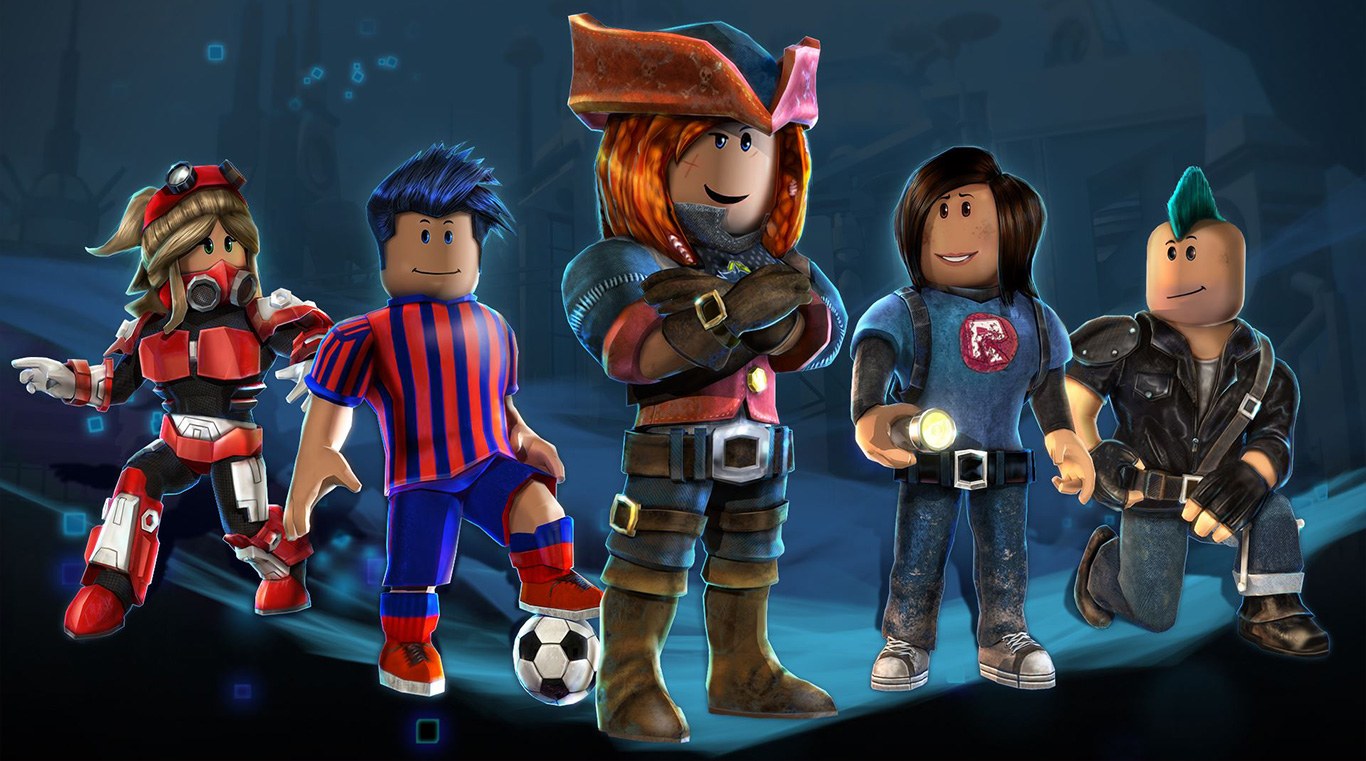Disco Elysium – Complete Skills and Character Building Guide
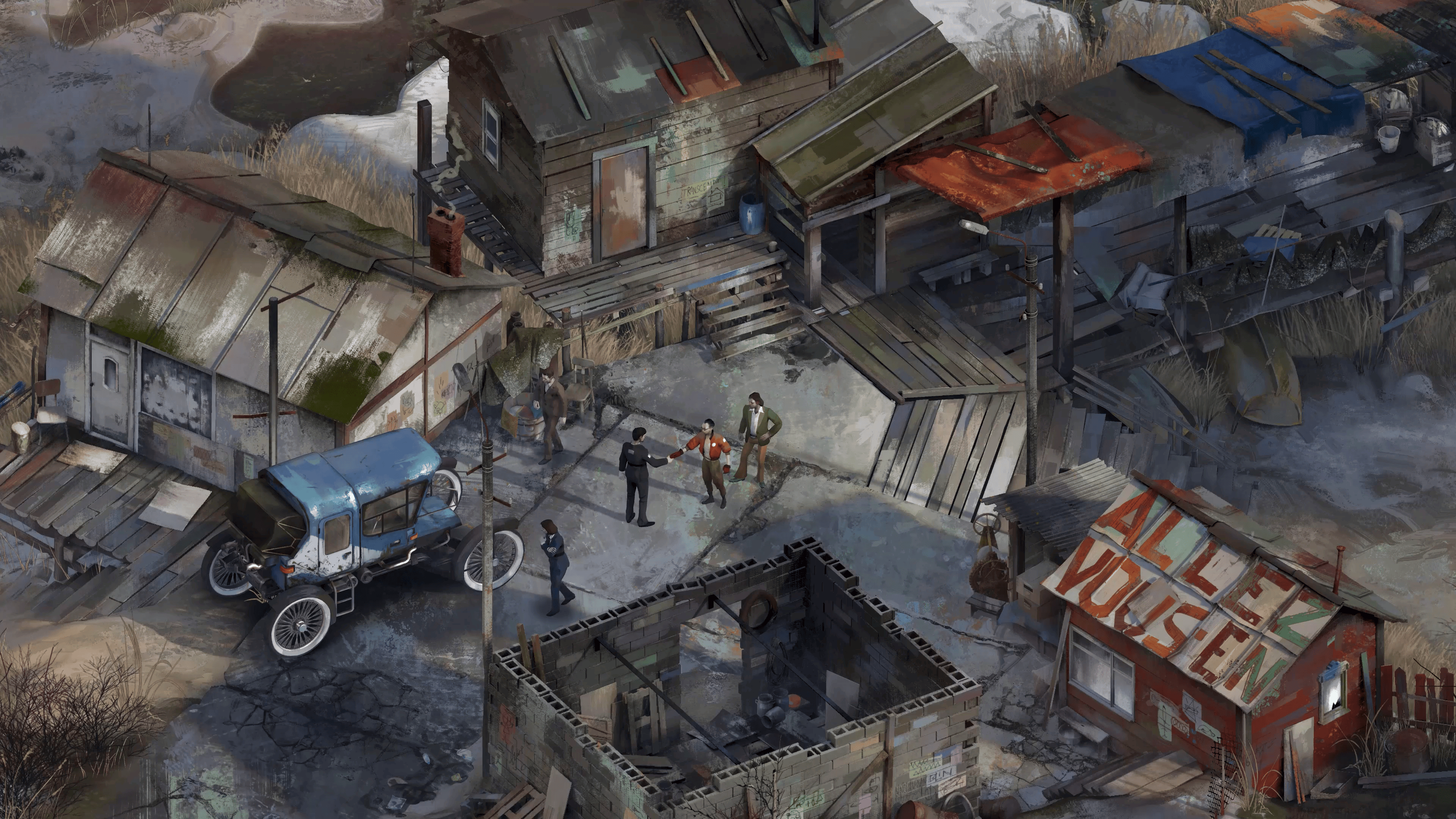
In Disco Elysium, your detective’s skills shape not just how you solve the game’s central mystery, but how you interpret and experience the world around you. Unlike traditional RPGs, skills in Disco Elysium are not merely gameplay mechanics—they are parts of your detective’s psyche, actively engaging in dialogue, influencing decisions, and creating narrative depth. With 24 unique skills divided across four primary attributes—Intellect, Psyche, Physique, and Motorics—your choices profoundly impact your detective’s personality, interactions, and the course of your investigation.
This guide breaks down each skill in detail, offering insight into effective builds and strategies to maximize your gameplay experience.

Understanding Attributes and Skills
In Disco Elysium, your detective’s personality is defined by four core attributes, each governing a set of six related skills:
- Intellect: Logic, reasoning, and knowledge.
- Psyche: Emotional sensitivity and social skills.
- Physique: Physical resilience and strength.
- Motorics: Agility, reflexes, and perception.
Selecting and investing in these attributes and their skills fundamentally shapes your gameplay, altering dialogue paths and skill check outcomes.
Intellect Skills
Intellect skills govern your detective’s ability to analyze, reason, and access encyclopedic knowledge.
- Logic: Crucial for deductive reasoning. Logic helps piece together clues and interpret evidence rationally.
- Encyclopedia: Provides historical, cultural, and situational knowledge about Revachol and its inhabitants, greatly enriching narrative depth.
- Rhetoric: Enhances persuasive abilities, enabling compelling arguments and effective debates during conversations.
- Drama: Helps detect lies, read between the lines, and convincingly perform deceptive acts when necessary.
- Conceptualization: Inspires creative ideas and abstract thought, adding artistic insights and unconventional perspectives to your investigation.
- Visual Calculus: Allows precise reconstruction of crime scenes and physical events, offering detailed visual analysis.
Intellect-focused detectives thrive in conversations requiring nuanced reasoning and insightful problem-solving.
Psyche Skills
Psyche skills determine your detective’s emotional intelligence, empathy, and social interaction abilities.
- Empathy: Lets you deeply understand others’ emotions, motivations, and hidden intentions, often unlocking otherwise inaccessible dialogue paths.
- Inland Empire: Connects your detective to their subconscious intuition, providing surreal insights and mysterious visions guiding your choices.
- Authority: Projects command and influence, useful when asserting dominance or managing confrontational scenarios effectively.
- Suggestion: Improves your charm and persuasive abilities, making characters more receptive to your suggestions and influence.
- Esprit De Corps: Enhances your connection with fellow officers, offering insights into police culture, solidarity, and camaraderie.
- Volition: Strengthens your morale and emotional resilience, protecting against mental breakdowns and poor impulse control.
High Psyche allows nuanced social interactions, enabling deep narrative exploration and emotionally rich dialogues.

Physique Skills
Physique skills enhance your detective’s physical toughness, endurance, and primal instincts.
- Endurance: Determines your physical stamina and health, vital in physically demanding situations or when resisting pain and fatigue.
- Pain Threshold: Enables your detective to withstand physical injuries and discomfort without losing composure or effectiveness.
- Physical Instrument: Measures raw physical strength, useful for intimidating others, performing physical tasks, or displaying dominance.
- Electrochemistry: Reflects your detective’s impulses, addictions, and bodily urges, often creating humorous or impulsive interactions and dialogue opportunities.
- Shivers: Grants supernatural connections to the city itself, providing atmospheric insights, hidden knowledge, and ambient storytelling elements.
- Half-Light: Enhances your survival instincts, increasing awareness of threats and allowing swift defensive reactions during tense situations.
Physique-oriented detectives excel in physical confrontations and survival-driven scenarios, gaining unique narrative experiences tied to bodily endurance.
Motorics Skills
Motorics skills involve agility, perception, reflexes, and investigative capabilities.
- Perception: Greatly improves your detective’s ability to spot subtle environmental details, hidden clues, and secret interactions.
- Reaction Speed: Helps your detective quickly respond to unexpected situations, improving success in timed skill checks and immediate dialogues.
- Hand/Eye Coordination: Enhances precision-based actions, enabling effective use of firearms, tools, or delicate manual tasks.
- Interfacing: Improves your detective’s ability to handle mechanical devices, pick locks, and operate complex tools smoothly.
- Composure: Keeps your detective calm and confident during stressful conversations or confrontations, crucial for maintaining authoritative presence.
- Savoir Faire: Boosts agility, stealth, and finesse, allowing for smooth, graceful physical movements and subtle interactions.
Motorics-focused detectives excel in precise actions, thorough investigations, and rapid response scenarios.
Strategic Skill-Building Tips
- Specialize Skills: Instead of distributing points evenly, specialize in skills aligning with your chosen playstyle or narrative path.
- Balance Dialogue and Action: Invest in skills that complement each other. For instance, combining high Empathy (Psyche) with Perception (Motorics) significantly enhances investigation depth.
- Use Clothing Strategically: Equip items that boost specific skills temporarily, optimizing your detective for challenging interactions or critical skill checks.
- Engage with Skill Checks Boldly: Skill checks shape your narrative uniquely. Don’t fear failure—often, failing checks introduces fascinating new story elements.

Common Skill Mistakes to Avoid
- Ignoring Psyche Skills: Underestimating emotional and intuitive skills limits dialogue depth and narrative richness.
- Over-investing in a Single Attribute: Specialization is good, but completely neglecting other attributes can restrict essential gameplay flexibility.
- Avoiding Skill Checks: Skipping risky checks means missing rewarding story paths. Embrace both success and failure as equally enriching.
Mastering the intricate skill system in Disco Elysium is key to fully immersing yourself in its extraordinary narrative depth. Each skill not only shapes your detective’s abilities but transforms your experience, crafting an entirely unique journey through the compelling story of Revachol. By strategically developing your skills, boldly exploring dialogues, and embracing the depth of the game’s psychological storytelling, you unlock a narrative richness unmatched by traditional RPGs.
For the best narrative and visual experience, play Disco Elysium on PC with BlueStacks.

